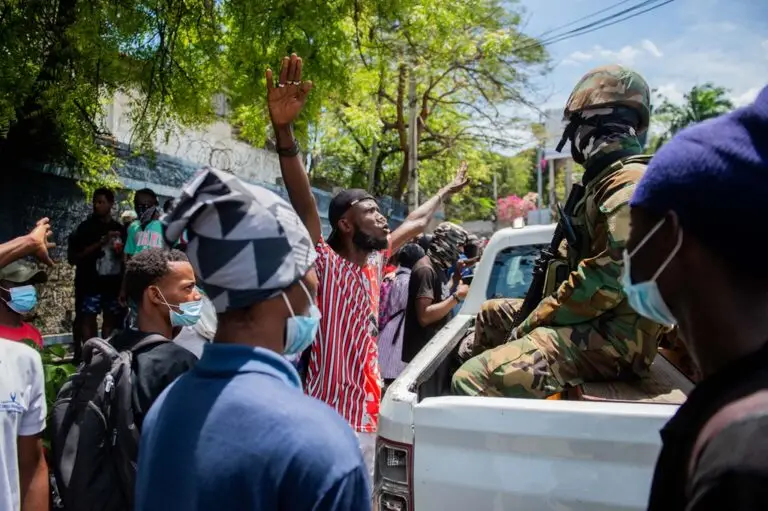The Montego Bay summit closed with an uncomfortable truth: Haiti is bleeding out while the world shuffles its feet. Chairing his first Caribbean Community (CARICOM) conference, Jamaica’s Prime Minister Andrew Holness discarded diplomatic pleasantries and called for a hard reset—Haiti can no longer wait for a rescue mission that never launches.
The Numbers No One Can Ignore
- 4,864 lives lost between 1 October 2024 and 30 June 2025.
- 1,018 deaths concentrated in Artibonite, Centre, Ganthier, and Fonds Parisien.
- 100,000 residents of Mirebalais on the run—an entire town emptied overnight.
These figures, drawn from the United Nations’ latest field report, read like wartime casualty sheets, not crime statistics. UN spokesperson Ravina Shamdasani’s description—“an unending horror story”—is chillingly apt.
State Authority: A Phantom at Best
Haitian police, bolstered by a Kenya-led Multinational Security Support (MSS) mission, have shown flashes of resistance. Yet their resources are a fraction of what the gangs marshal. The few outposts still under government colors are isolated, fragile, and one paycheck away from collapse.
UN Assistant Secretary-General Miroslav Jenca delivered the bluntest assessment before the Security Council: Total institutional failure is no longer theoretical; it is imminent.
Fault Lines Widening
- Gangs on the Move – Well-armed factions now control key trade corridors north and east of Port-au-Prince, inching toward the Dominican border.
- Vigilante Justice – Self-styled “defense brigades” have sprung up, often mirroring the brutality they claim to fight.
- Security-Force Excesses – Executions of alleged gang collaborators by state units are eroding what sliver of public confidence remained.
CARICOM’s Window
Holness has framed the bloc’s role starkly: Either CARICOM orchestrates a decisive intervention, or watches a member state implode on its doorstep. His appeal landed on sympathetic—but visibly frustrated—colleagues. Everyone agrees Haiti needs help; no one yet owns the action plan.
The International Drag
The United Nations has sounded every alarm bell at its disposal. Still, major powers prefer incrementalism—relief grants, advisory teams, half-funded security deployments. Meanwhile, Port-au-Prince slides closer to anarchy.
A Regional Blueprint
CARICOM’s credibility rests on five moves:
| Priority | Required Action | Outcome |
|---|---|---|
| Rapid-response force | Assemble a lean, rules-of-engagement-clear unit drawn from willing member states, under MSS command. | Regain control of main transport arteries. |
| Financial firewall | Ring-fence funds for sustained policing—think six-month cash buffer, not one-off disbursements. | Prevent security rollback when headlines fade. |
| Judicial triage | Deploy mobile courts and correctional advisors to restart basic rule of law in reclaimed zones. | Replace ad-hoc vigilante “justice”. |
| Humanitarian surge | Pair security advances with food, water, and medical corridors. | Win civilian trust before gangs regroup. |
| Political scaffolding | Broker an interim governance pact among Haiti’s fractured factions. | Ensure gains survive the next news cycle. |
Bottom Line
Haiti’s descent is no longer a Haitian problem; it is a Caribbean crisis with global implications. As Holness warned, “Leaving a neighbor to drown in gang rule isn’t neutrality—it’s negligence.” CARICOM must now decide whether it will be remembered for convening earnest meetings—or for reversing a nation’s free-fall.
The clock is louder than the talking points.






